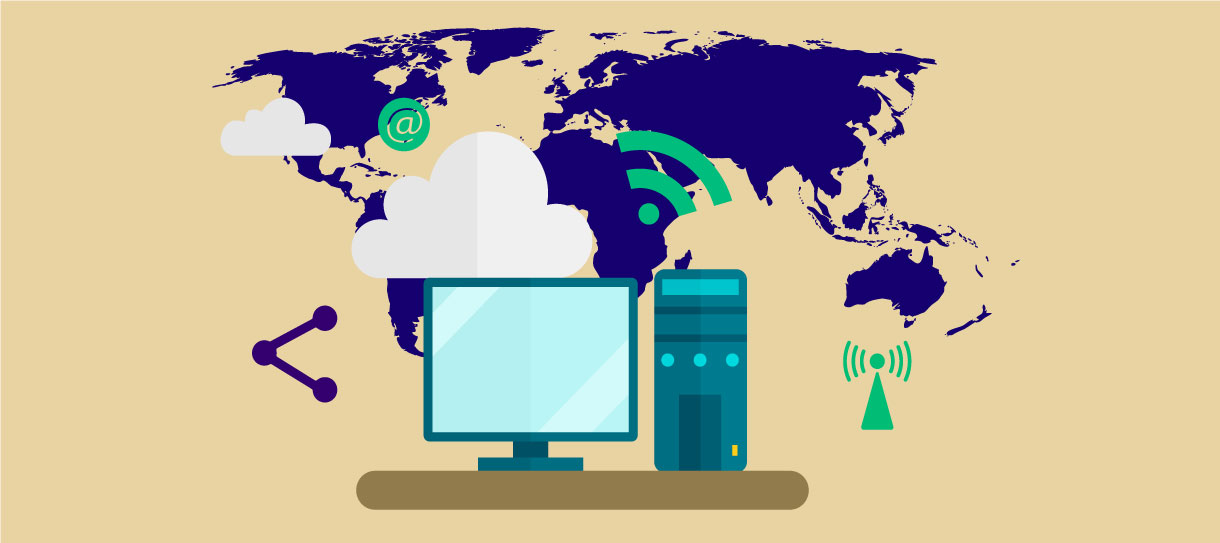
By Douglas Esser
When the internet was younger and worms and viruses started infiltrating, it was thought that the hacks could be patched like technical problems. But the attacks grew like the internet itself – not just in number but in impacts across fields of law, finance, economics, ethics and society.
It’s evident that cybersecurity isn’t just a computer science. It crosses multiple disciplines.
“This shift and interest in cybersecurity across disciplines is very reflective of the long history of this campus and our commitment to approaching questions from multiple perspectives,” said Susan Jeffords, left, University of Washington Bothell vice chancellor for academic affairs.
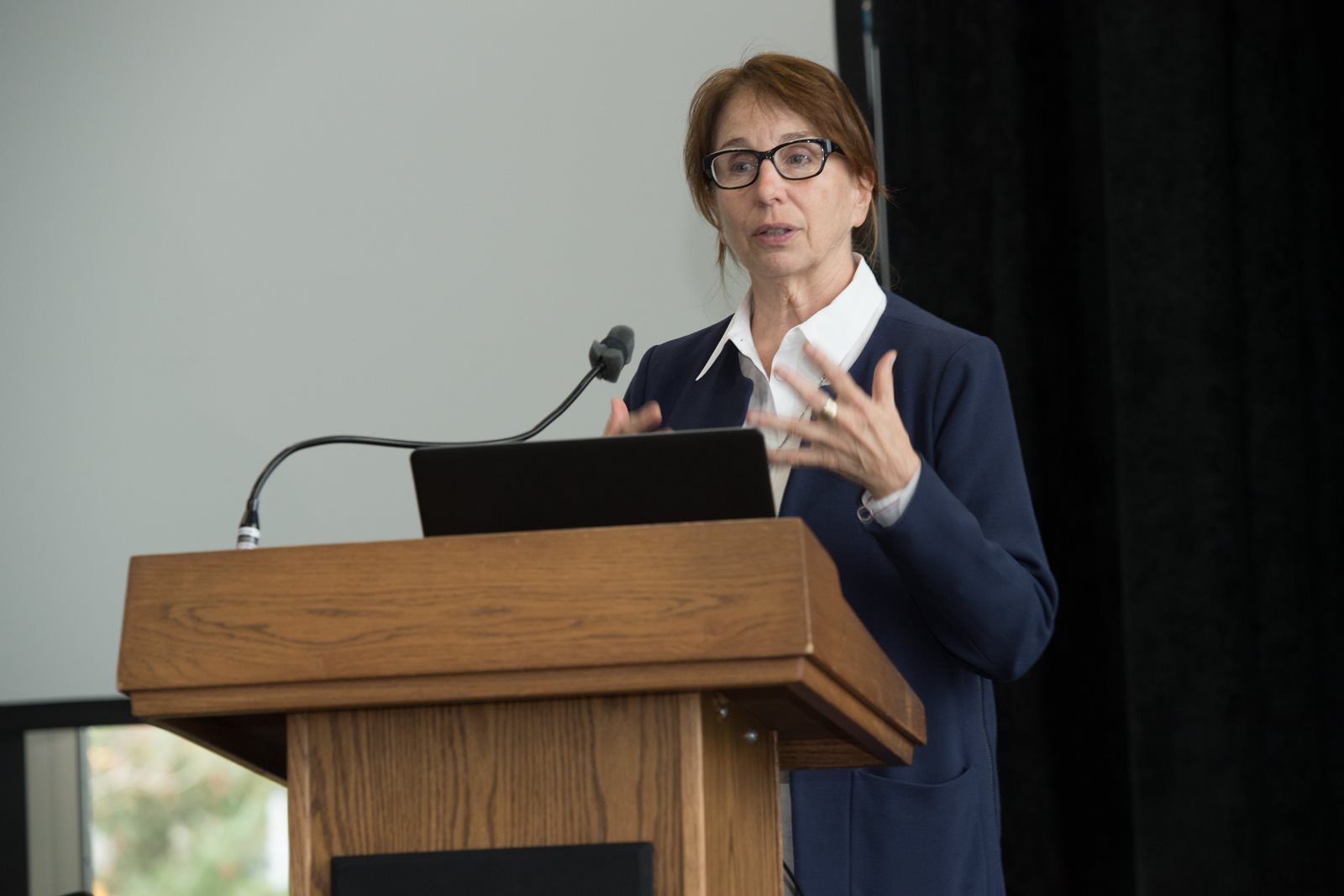
Jeffords spoke at the first event in Bothell for the Center for Information Assurance and Cybersecurity (CIAC). CIAC headquarters and its education arm moved to UW Bothell from UW Tacoma over the summer, although it continues to engage researchers and train students across all three University of Washington campuses.
UW Bothell already offers courses and a master’s in cybersecurity through the computing and software systems division in the School of Science, Technology, Engineering & Mathematics, Jeffords said. Hosting CIAC represents the University’s commitment to approach questions from multiple disciplines and to engage with industry and government.
“The work in cybersecurity has become a major emphasis for our campus,” Jeffords said. “Having the center here as a vehicle to support those conversations is an opportunity.”
Researchers presented posters and spoke at the Oct. 18 event at North Creek Events Center. Executive Director Barbara Endicott-Popovsky, right, said that when CIAC started in 2004, it was primarily focused on solutions to technical problems.
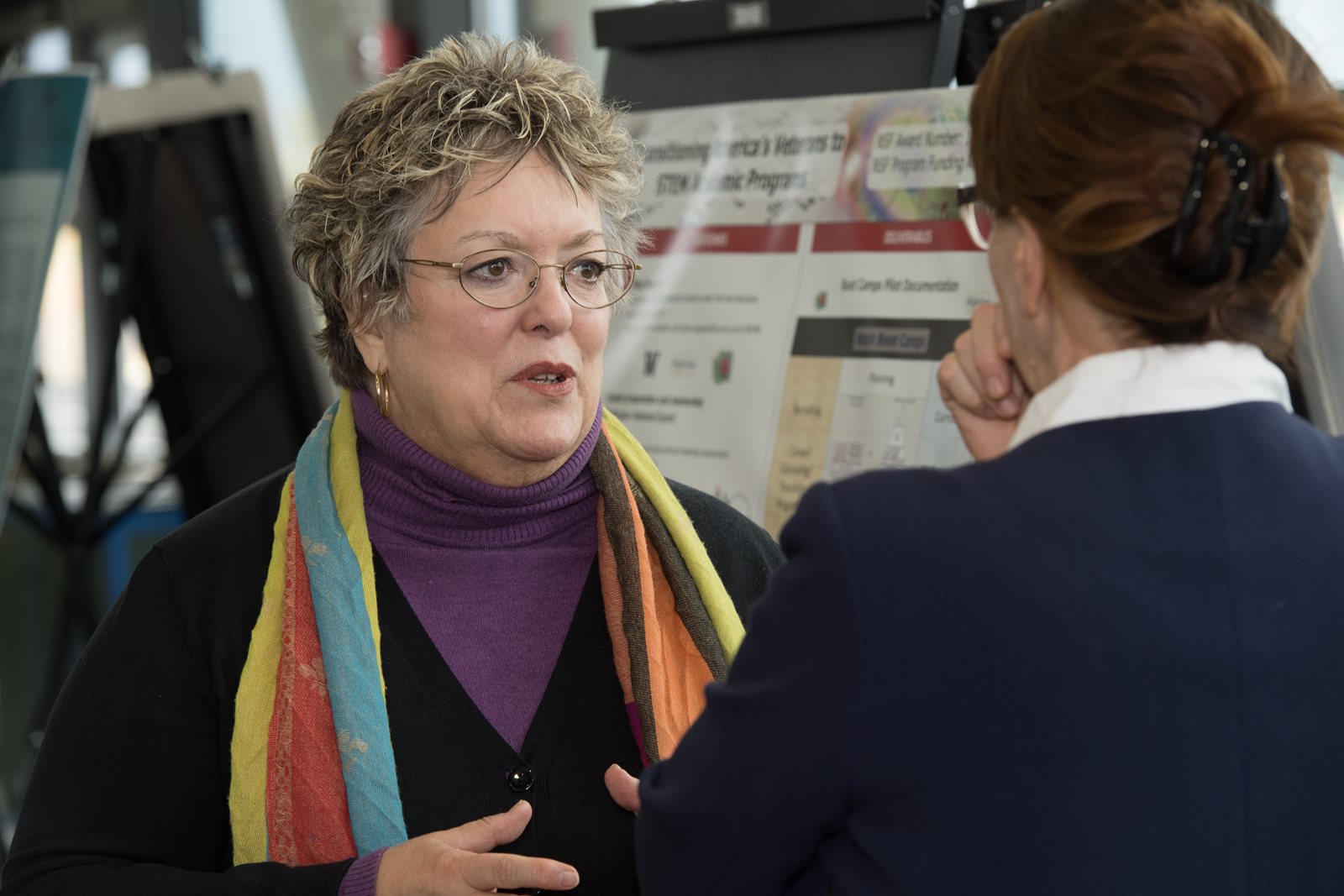
“Over time the implication of what we’ve done to ourselves by going digital have become apparent. We’re impacting society in ways we’ve never dreamed of,” she said. “We’ve really change the way we think, do, work. There are unintended consequences.”
Endicott-Popovsky had a similar warning for KING 5 and its viewers when asked for her expert opinion on the Oct. 21 attacks that slowed the internet for many users.
"I think we're at a tipping point," she said. "The challenge we're going to face in the next decade is to think through, ‘What does it mean if we experience attacks on critical infrastructure. Is that an act of war?’”
CIAC is developing a community across academia, government and non-governmental organizations to teach, learn and research, said Scott David, left, director of policy for CIAC’s research arm, located at the Applied Physics Lab at the UW in Seattle. The Oct. 18 session also heard from Sunil Lingayat, right, chief of cyber strategy and technology for T-Mobile, a center partner. (Marc Studer photos)
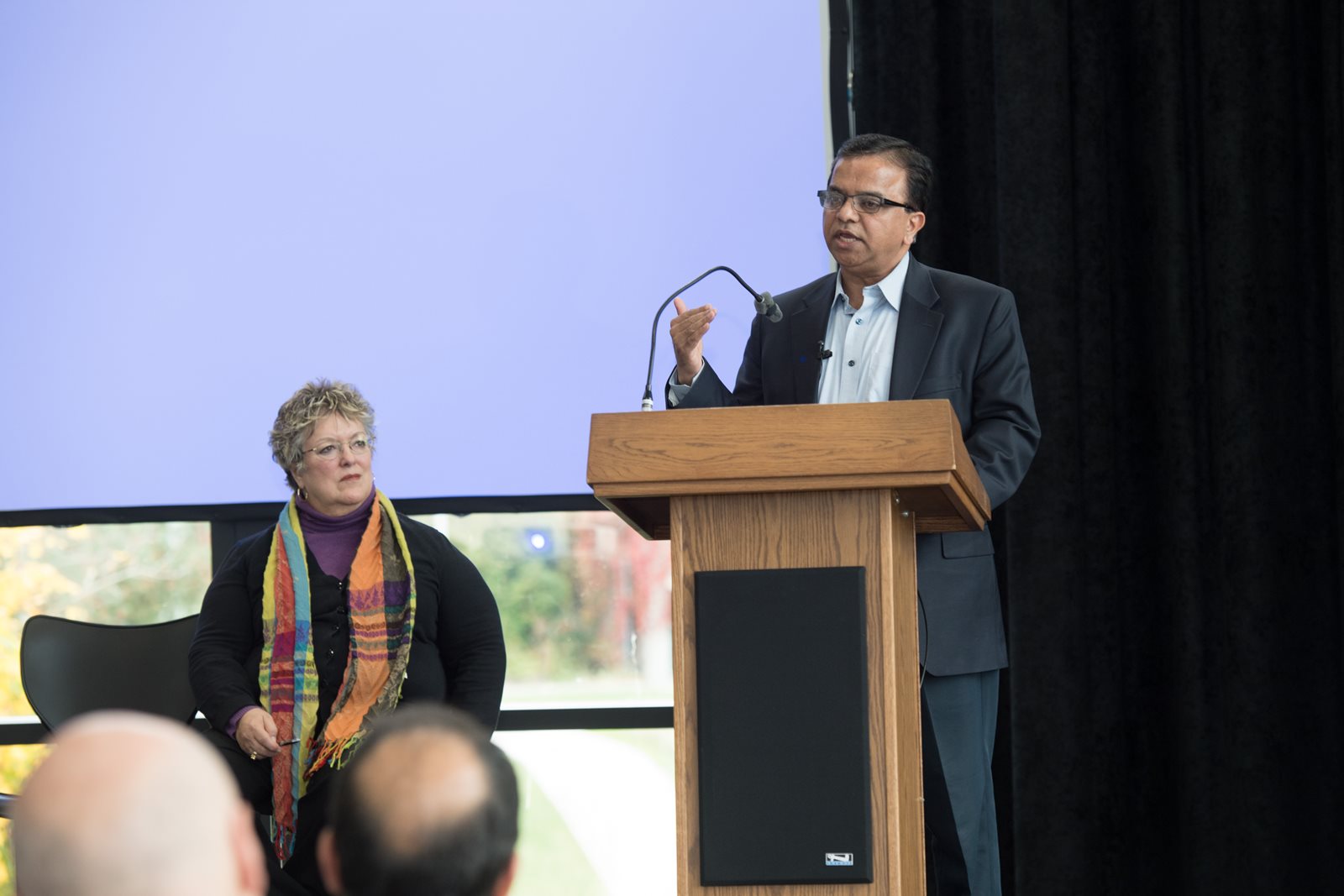
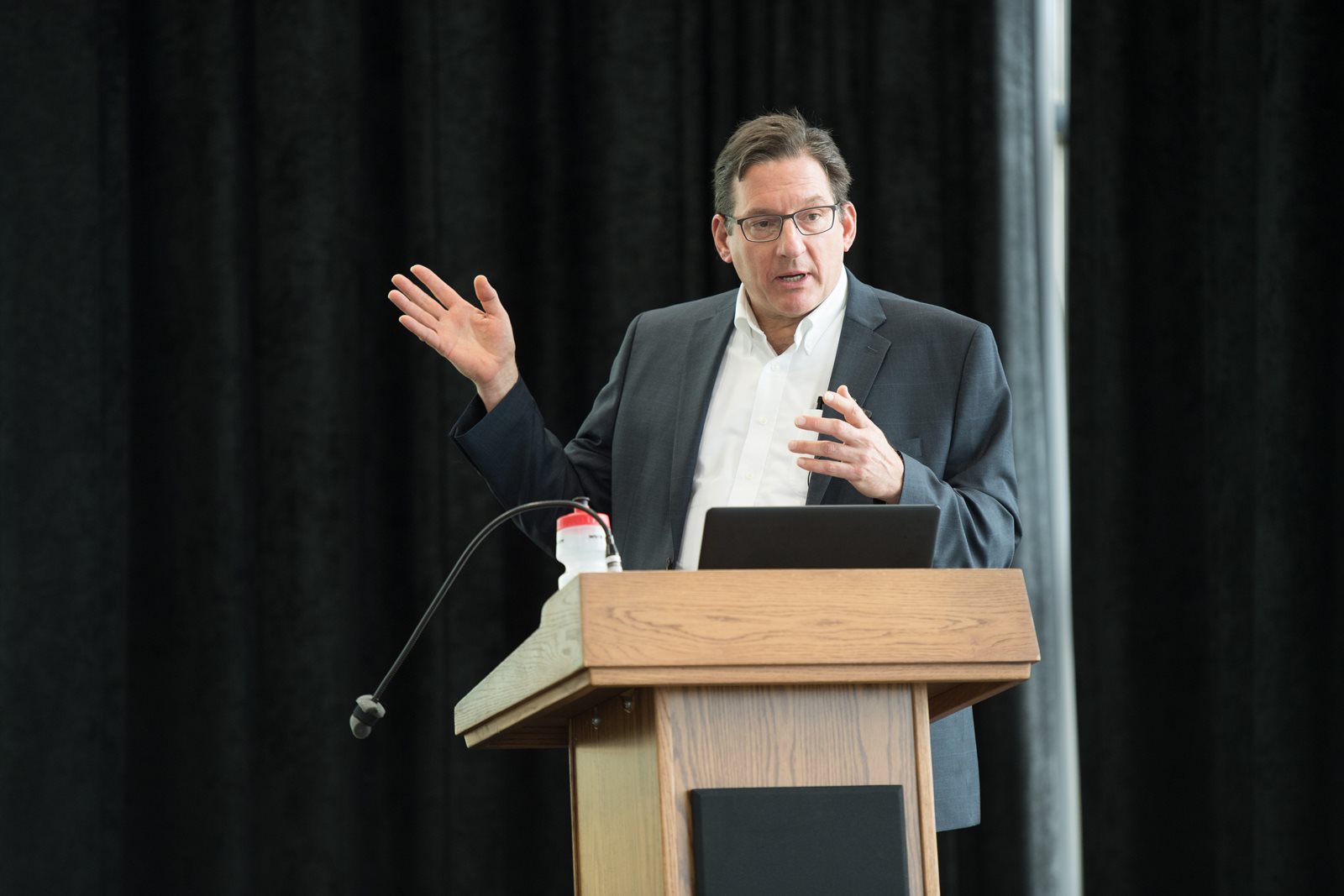
CIAC is designated by the National Security Agency (NSA) as a Center for Academic Excellence in both Research and Cyber Defense Education. CIAC also is one of four regional resource centers in the country named by the NSA to disseminate best practices to universities.



